Formolo dreaming of Stelvio stage win at Giro d'Italia
Q&A: Young Italian looks back on 2016 season and ahead to 2017
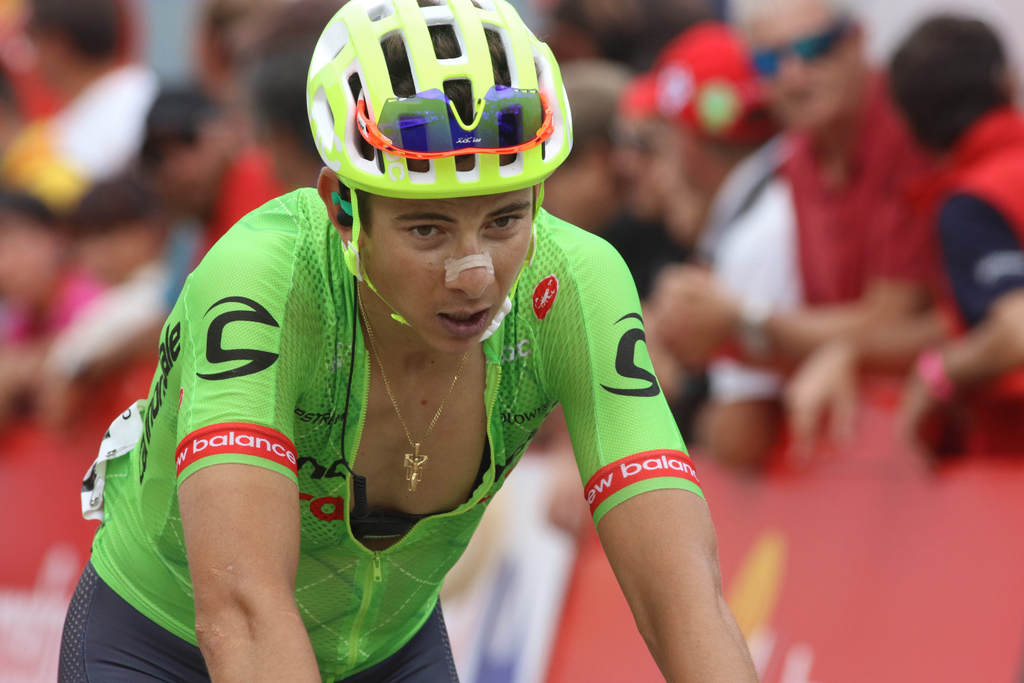
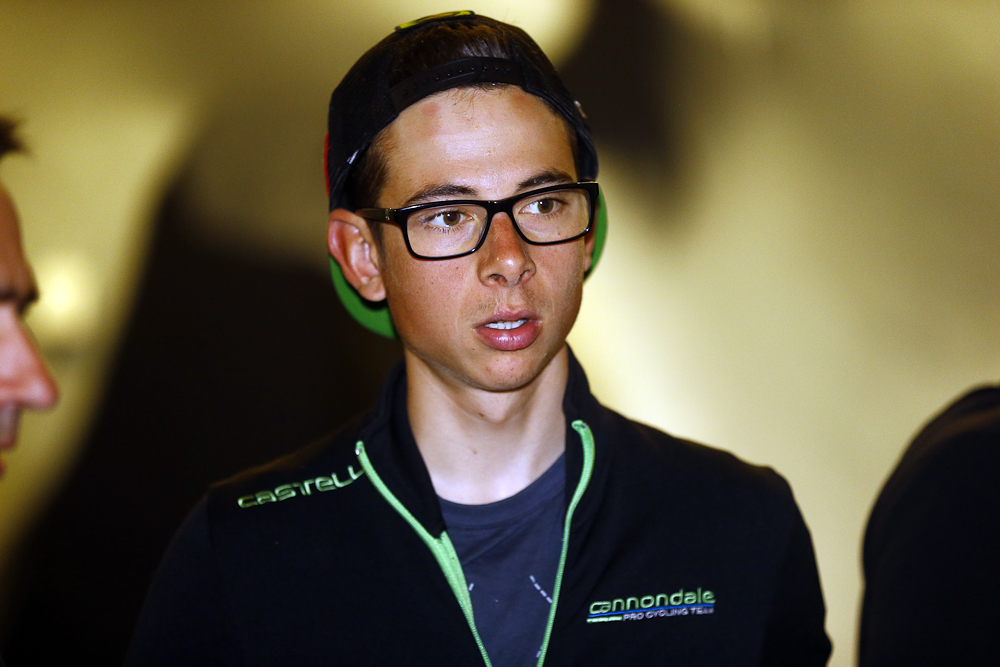
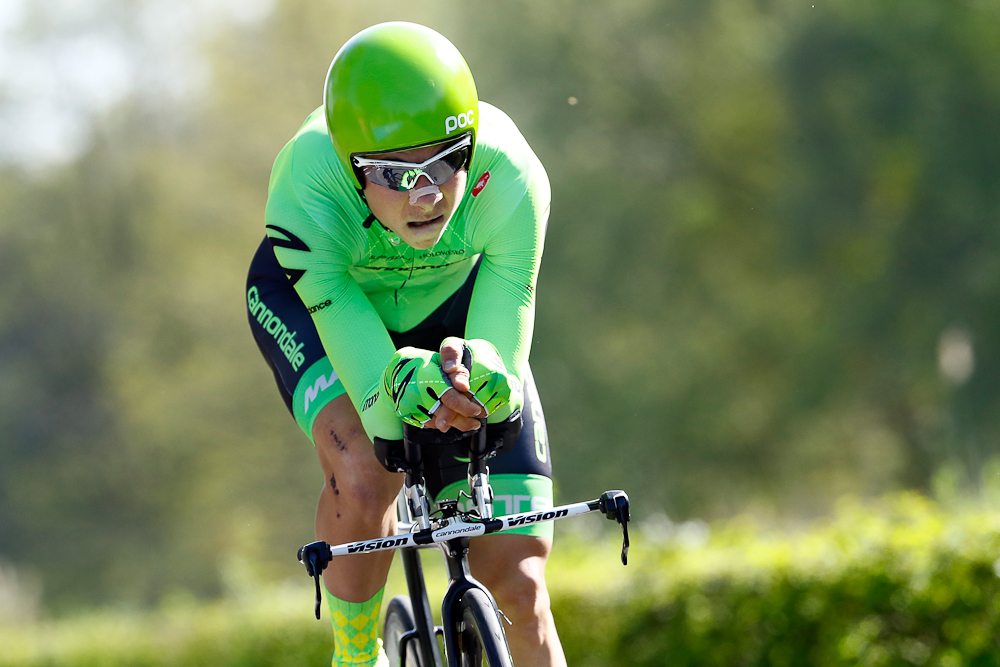
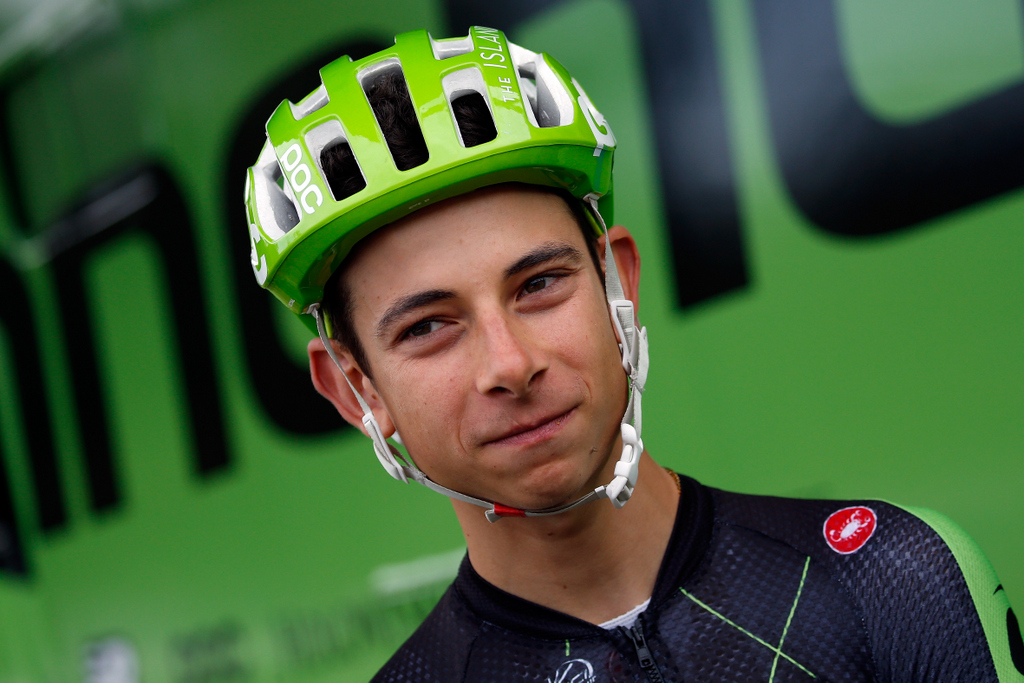
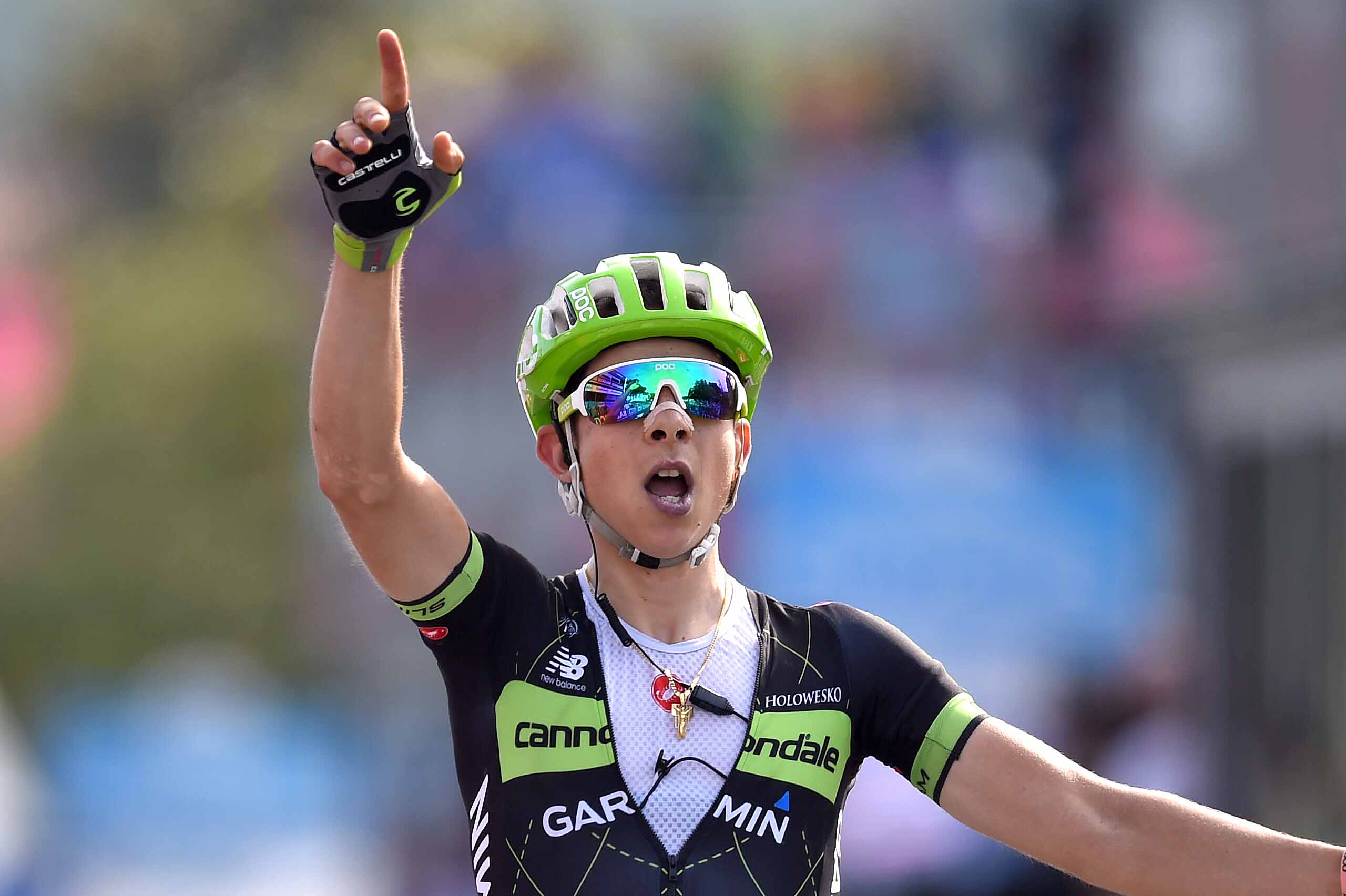
Davide Formolo hit the headlines when he soloed to a stage victory in La Spezia at the 2015 Giro d'Italia, confirming himself as one of Italian cycling's hottest prospects. There was to be no repeat feat this year as the 24-year-old suffered an injury in the build-up to the race, but he enjoyed a solid third campaign as a professional – one in which he shouldered a Grand Tour double workload for the first time, providing valuable assistance for Andrew Talansky at the Vuelta a Espana.
Cyclingnews: What's your assessment of the 2016 season?
Davide Formolo: I had problems at the start. We were preparing everything for the Giro, to be 100 per cent there, then I crashed at [the Tour de] Romandie, and that had really an impact on my performance at the Giro. I couldn't move the right leg properly – even just to walk from the bus to the room.
It was a really bad crash. At Romandie, we had an uphill finish the day before the crash, and I was eighth, on a pretty hard climb with lots of the Giro contenders, and I took the white jersey, so I was there and everything was perfect, looking good for the Giro. The day after the crash I was dropping from 50 guys in the bunch – it was a completely different performance.
CN: You still finished the Giro – were you not worried about making the injury worse?
DF: I was just hoping it was going to fix itself, and maybe try for a stage later on. The injury was bad in the first two weeks, the last week it did get better, but I couldn't catch any breakaways.
This year the starts of the stages were all flat. With my stage win last year it started uphill – you just go full and whoever can hang on is in the break. But it was impossible to know which was the good break. One day I tried to catch it for 50km, but it didn't go, so the next one I said 'ok, the breaks are taking a long time', but it went after three kilometres.
Get The Leadout Newsletter
The latest race content, interviews, features, reviews and expert buying guides, direct to your inbox!
CN: A different experience to you first Giro then…
DF: That was my first Grand Tour and my second year in the WorldTour, so it was really nice, but I wanted to show it wasn't just a one-off – that that is my real level. I was unlucky. Maybe sometimes you do better than what you expect, and sometimes you do worse. This is the world.
CN: You did two Grand Tours for the first time in your career – how was the Vuelta?
DF: After the Giro we decided to do it, because my performance wasn't like we expected. After the Giro I was really sad, and I wanted to say: 'I'm not that.'
So I restarted, went to the national championships, then I was fourth on GC at the Tour of Poland and second on the hardest stage. So in Poland I think I was back, showing my level. In the Vuelta we had Andrew [Talansky] and I helped him, stayed close to him in the hard moments. That was important for Andrew to have a guy with him around 20km to go, when 20 are guys at the front before the last climb, to give him fresh water or get gels, when everyone is suffering. For the leader it makes a difference.
When everyone was sitting there because they were hoping not go get dropped, I was going back to the car, chauffeuring, getting gels, and also staying with him on the climbs. So that was a good performance for myself.
CN: You've done three Grand Tours now – what's the next step?
DF: The next step is to do GC myself. That's my main goal. I won a stage in the Giro but I want to try GC now – that's my characteristics. In Poland, it was unlucky– we had bad weather on the Bukowina stage [cancelled], so there was only one true mountain stage instead of two.
CN: Will that leadership role come at the 2017 Giro?
DF: We'll see. I did a good job in the Vuelta, I was there supporting every day. At the moment there's no stress – I'm training well and doing all things good. Then we'll see at the start of the Giro what my level is.
CN: What's your race programme for 2017?
DF: I'll have a similar programme. I won't do Romandie, but Trentino instead, and Liege [Bastogne-Liege]. Apart from that it'll be the same. We saw that was working for me and we'll stick with it.
CN: Is there anything in particular you're working on this winter?
DF: Time trialling – that's my weakness. You could see in the Vuelta it was pretty bad – I've always been bad at it, actually. So it's a good focus for me to say 'ok, for sure I'm not going to win a TT, but just try to lose as little time as possible.'
CN: Have you done much testing in the wind tunnel or on the track?
DF: We've been working on the track in the last two years. If you look at three guys, they have three completely different positions, so everyone has his own position, and you keep trying to change position until you find the right one. The problem is that to see if the position is working for you, you need half a year. It's starting from zero, you keep going, then you can say 'ok it's not working'. So you change again, restart, have half a year to see if it's working. 'Ok, maybe it's not working'. Restart. Just keep trying until you arrive at the solution.
CN: Have you found it yet?
DF: We are trying a new one at the moment, so I'm going to see. We'll see at the Giro – hopefully in the race before we'll see the results.
CN: Any ambition to make your debut at the Tour de France?
DF: Not really. For now I'm focused on the Giro. In this year's route I know almost every climb there – except in Sardinia and Mount Etna. I'm from Verona, so the stages in the last week are all about an hour by car from my house.
CN: Is there a particular stage that stands out?
DF: The Stelvio [double ascent on stage 16] is one of my favourite climbs. I go there two or three weeks a year for training – my friend has a hotel there – so I know the roads really well. The climb is pretty important to me. Everything will depend on the race situation, but that would be nice.
Patrick is a freelance sports writer and editor. He’s an NCTJ-accredited journalist with a bachelor’s degree in modern languages (French and Spanish). Patrick worked full-time at Cyclingnews for eight years between 2015 and 2023, latterly as Deputy Editor.
